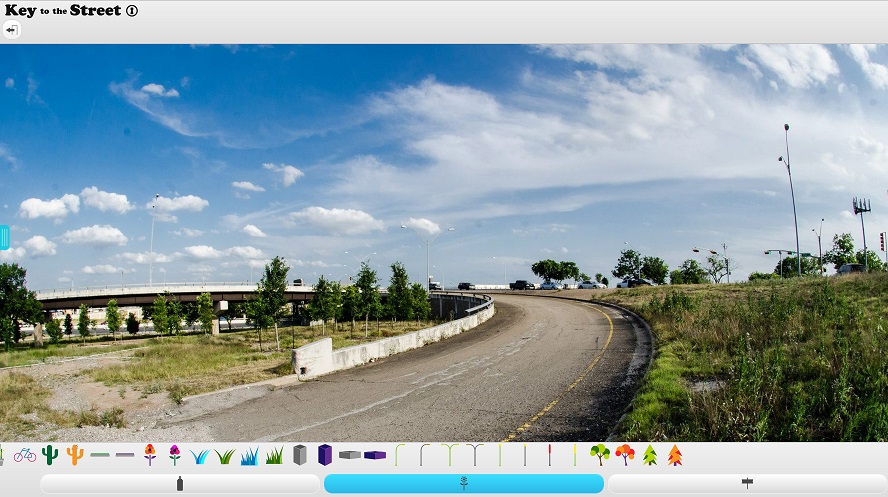 How often do you gripe to yourself about dodging aggressive drivers, inadequate lighting along a dark street, or that sidewalk that leads to nowhere? What if there were a tool that could help you visualize your concerns in a way that could bring about actual changes? This may soon be a reality with Key to the Street, an app that links community engagement to street design.
How often do you gripe to yourself about dodging aggressive drivers, inadequate lighting along a dark street, or that sidewalk that leads to nowhere? What if there were a tool that could help you visualize your concerns in a way that could bring about actual changes? This may soon be a reality with Key to the Street, an app that links community engagement to street design.
Created by Austin’s Jess Lowry, Key to the Street is an app that empowers pedestrians to identify problems and suggest improvements for unsafe walking conditions. It allows smart phone users to take pictures of a street and obtain city data to find out about upcoming development projects in the area. Users can sketch their ideas on how to make the street more walkable, using pre-loaded icons for adding things like bus shelters, street trees and lighting. Renderings can be shared with not only with other Key to the Street users, but enterprising individuals can advocate for changes by sharing designs with planners, traffic engineers, developers and elected officials.
Realizing the negative impacts of auto-dependence and sprawl, many walkability tools have sprung up as of late, seeking to undo the old way of designing streets and make issues of walkability more accessible to the general public. Some include Bridgeport, Connecticut’s smart phone app, BConnected, which Tri-State used during a walking audit last year; Blockee, a web-app that allows you to “pimp” your street with “civic bling” (recycling bins, bike lanes, street trees, etc); and Streetmix, a web-app that allows you to design cross-sections of a street, just to name a few.
Key to the Street is still in development, so the app’s capabilities are limited (check out the prototype here). When fully-developed, however, Key to the Street should serve as a useful tool for engaging members of the public — including those who aren’t traditionally included in conversations about complete streets advocacy — by providing a sense of ownership over issues that may seem bureaucratically impossible to tackle.
